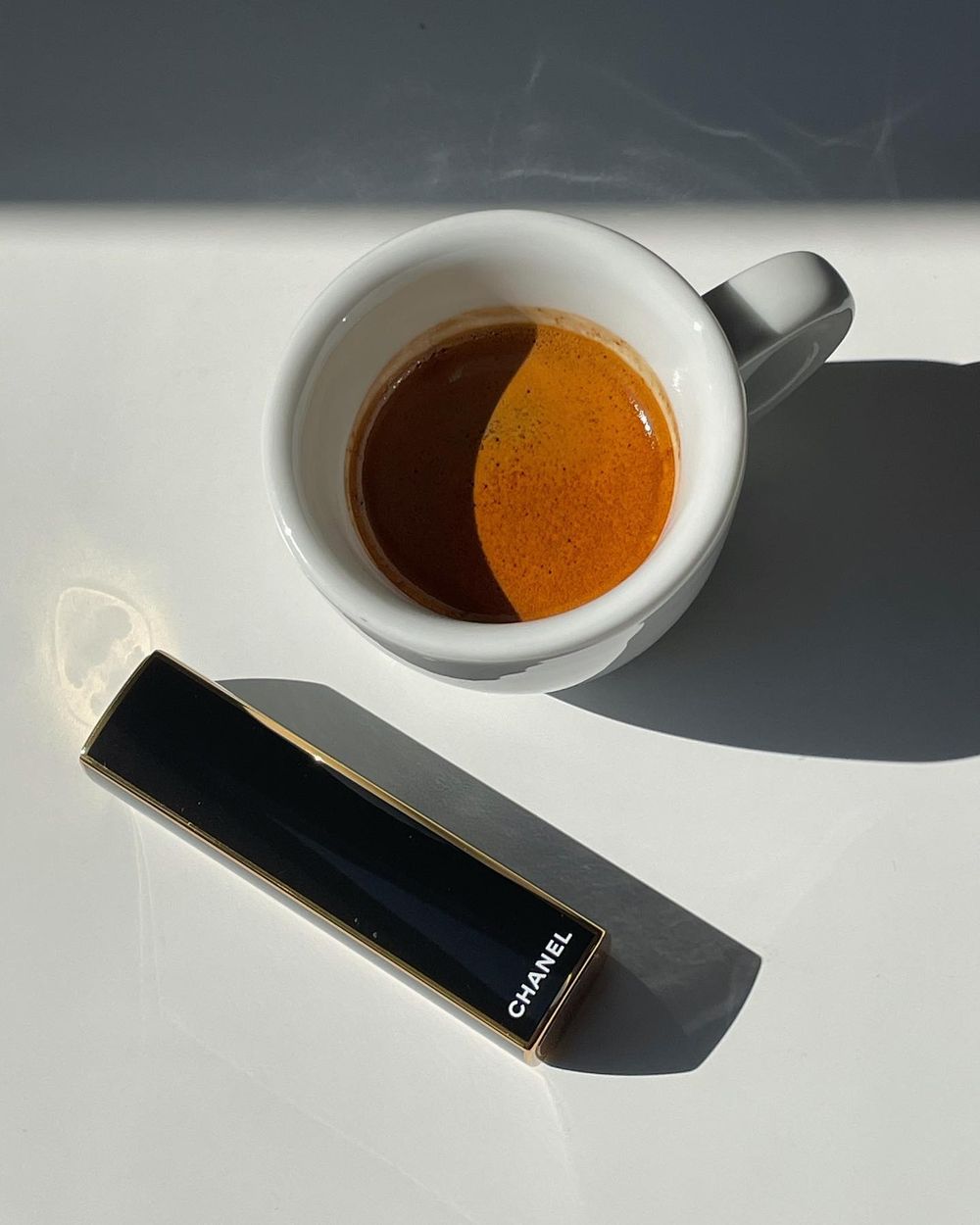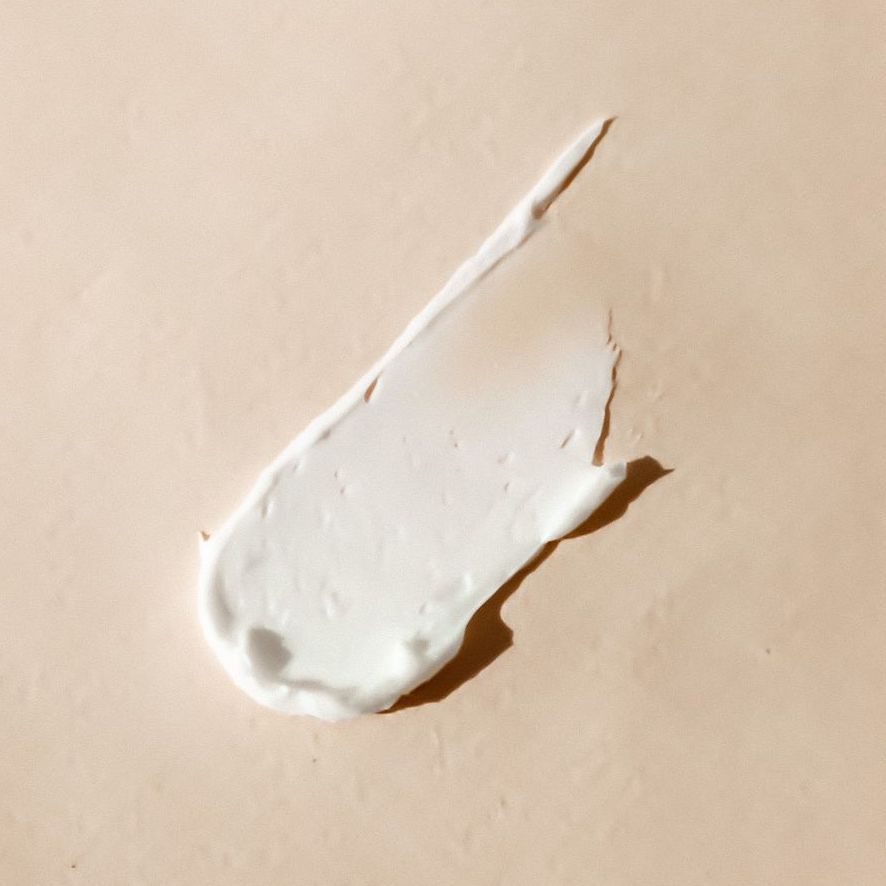As the sun rises and the morning coffee brews, many of us rely on that daily cup to kick-start our day. But have you ever stopped to think about the impact that coffee is having on your skin? While a warm cup of joe may be just what you need to wake up and tackle the day, research suggests that excessive coffee consumption may be doing more harm than good to your complexion.
From exacerbating acne to causing premature aging, the effects of coffee on skin are a topic of growing concern for many of us who can’t imagine starting our day without a cup. In this article, we’ll explore the complex relationship between coffee and skin, exploring the potential benefits and drawbacks of this beloved beverage and offering expert tips on how to enjoy your morning cup without compromising your skin’s health.

Understanding Coffee and Its Components
Coffee is a complex beverage that has gained widespread popularity globally, and its impact on our skin is a topic of considerable interest. To understand the effects of coffee on skin, it’s essential to first delve into the components that make up this beloved beverage.
Coffee is primarily composed of water, which accounts for approximately 98% of its overall content. The remaining 2% is comprised of solids, including caffeine, sugars, proteins, and lipids. Caffeine, in particular, is a key component that has been shown to have both positive and negative effects on the skin.
On the one hand, caffeine can help to improve blood flow and reduce inflammation, which may be beneficial for conditions such as rosacea or acne. On the other hand, excessive caffeine consumption can lead to dehydration, which can hurt skin elasticity and tone.
Additionally, coffee contains antioxidants and other compounds that may help to protect the skin from environmental stressors and promote overall skin health. However, the impact of coffee on skin is highly individualized and can vary greatly depending on factors such as tolerance, skin type, and overall lifestyle.
The Effects of Caffeine on Skin Health
Caffeine’s impact on skin health is a topic of growing interest, as the global coffee culture continues to spread. Research suggests that moderate caffeine consumption, typically defined as up to 400 milligrams per day, may have both positive and negative effects on the skin.
On the one hand, caffeine has been shown to possess antioxidant and anti-inflammatory properties, which can help to combat signs of skin aging, such as fine lines and wrinkles. Additionally, caffeine can improve blood flow and stimulate collagen production, both of which can contribute to a more radiant and youthful complexion.
However, excessive caffeine intake can have the opposite effect, leading to dehydration, irritation, and increased sensitivity. This is because caffeine is a diuretic, causing the body to release excess fluids and electrolytes, which can disrupt the skin’s natural barrier function and lead to dryness, redness, and itching.
Furthermore, high levels of caffeine have been linked to an increased risk of skin conditions such as acne, rosacea, and eczema, particularly in sensitive skin. As with any skincare concern, it’s essential to find a balance that works for you, and to be mindful of your overall caffeine intake and its potential effects on your skin.
Coffee as an Antioxidant: Pros and Cons
When it comes to the relationship between coffee and skincare, one of the most significant factors to consider is coffee’s antioxidant properties. Antioxidants are substances that help protect the skin from damage caused by free radicals, which are unstable molecules that can cause oxidation and lead to signs of aging such as fine lines, wrinkles, and discoloration.
Coffee, in particular, is rich in antioxidants called polyphenols, which have been shown to have potent antioxidant effects. In fact, studies have found that moderate coffee consumption can increase the levels of antioxidants in the body, which can help to neutralize free radicals and reduce oxidative stress. This can lead to a range of benefits for the skin, including improved hydration, reduced inflammation, and enhanced skin elasticity.
However, excessive coffee consumption can have negative effects on the skin, such as increased sensitivity and dehydration. Additionally, some people may be more susceptible to the negative effects of coffee on the skin due to individual factors such as skin type, sensitivity, and overall health. As with any skincare routine, it’s essential to find a balance that works for you and to be mindful of your overall coffee consumption.
How Coffee Consumption Affects Hydration Levels
When it comes to the relationship between coffee consumption and hydration levels, it’s essential to consider the complex interplay between the two. On one hand, coffee is a natural diuretic, which means that it can increase urine production and lead to dehydration if not balanced with sufficient water intake. This is because caffeine, the primary active ingredient in coffee, can stimulate the kidneys to release more water into the urine, potentially leaving the body’s cells and tissues dehydrated.
However, moderate coffee consumption has also been linked to improved blood flow and increased antioxidant levels in the body, which can help to combat oxidative stress and inflammation that can contribute to skin issues like dryness and dullness. To minimize the potential negative effects of coffee on hydration levels, it’s crucial to drink plenty of water throughout the day, ideally at least eight ounces for every cup of coffee consumed.
Consider adding hydrating ingredients like coconut water or electrolyte-rich beverages to your coffee for an extra boost. By striking a balance between coffee consumption and hydration, you can potentially reap the benefits of coffee on skin health without sacrificing your overall hydration levels.
Potential Skin Reactions and Sensitivities
When it comes to the relationship between coffee consumption and skin health, one potential concern is the risk of skin reactions and sensitivities. Caffeine, a key component of coffee, can have a stimulating effect on the skin, causing it to become more reactive and prone to irritation. For some, this may manifest as redness, itching, or even hives.
In more severe cases, caffeine can trigger an allergic reaction, leading to symptoms such as swelling, blistering, or even anaphylaxis. Furthermore, the acidity of coffee can disrupt the skin’s natural pH balance, creating an environment that is more conducive to the growth of bacteria and other microorganisms, which can lead to breakouts and other skin issues.
Some skin care products may contain caffeine as an ingredient, which can further exacerbate these issues. For those who experience skin reactions or sensitivities when drinking coffee, it may be worth exploring alternative morning routines or incorporating ingredients that have anti-inflammatory and soothing properties, such as aloe vera or green tea, into their skincare regimen.

Comparative Analysis: Coffee vs. Other Beverages
When it comes to the debate surrounding coffee’s impact on skin health, it’s essential to consider the beverage’s effects in comparison to other popular drinks. A comparative analysis of coffee versus other beverages reveals some intriguing insights. For instance, green tea, which is often touted as a skin-friendly alternative to coffee, contains antioxidants and polyphenols that may help combat oxidative stress and inflammation.
However, the caffeine content in green tea is typically much lower than in coffee, which could potentially reduce its skin-boosting benefits. On the other hand, beverages like soda and energy drinks, which are often high in sugar and artificial additives, can have devastating effects on skin health due to their ability to cause inflammation, oxidative stress, and even skin damage.
In contrast, moderate coffee consumption, which is defined as up to 300 milligrams of caffeine per day, may have a more nuanced impact on skin health, potentially even offering some benefits such as improved circulation and antioxidant activity.
Ultimately, the key to determining whether coffee is bad for the skin lies in understanding your overall lifestyle, including your diet, hydration, and environmental exposure, as well as the specific type and amount of coffee consumed.
Practical Tips for Coffee Drinkers to Maintain Healthy Skin
As a coffee lover, it’s natural to wonder whether your daily cuppa is having a negative impact on your skin. While excessive coffee consumption can indeed cause skin issues such as dehydration, acne, and increased sensitivity, there are many practical tips that coffee drinkers can follow to maintain healthy skin.
Firstly, it’s essential to drink coffee in moderation. One to two cups per day is generally considered safe. Secondly, be sure to drink plenty of water throughout the day to counteract the dehydrating effects of caffeine. Additionally, consider adding a splash of milk or a sweetener like honey to your coffee, as these ingredients can help to counteract the acidity of the coffee and reduce its potential negative effects on the skin.
Furthermore, try to avoid drinking coffee too close to bedtime, as the caffeine can disrupt your sleep patterns and lead to dark circles and puffiness under the eyes.
Finally, consider incorporating skin-friendly ingredients like green tea, turmeric, and coconut oil into your coffee routine – these ingredients have natural anti-inflammatory and antioxidant properties that can help to nourish and protect the skin. By following these practical tips, coffee drinkers can enjoy their daily cup without worrying about the negative impact it may have on their skin.



